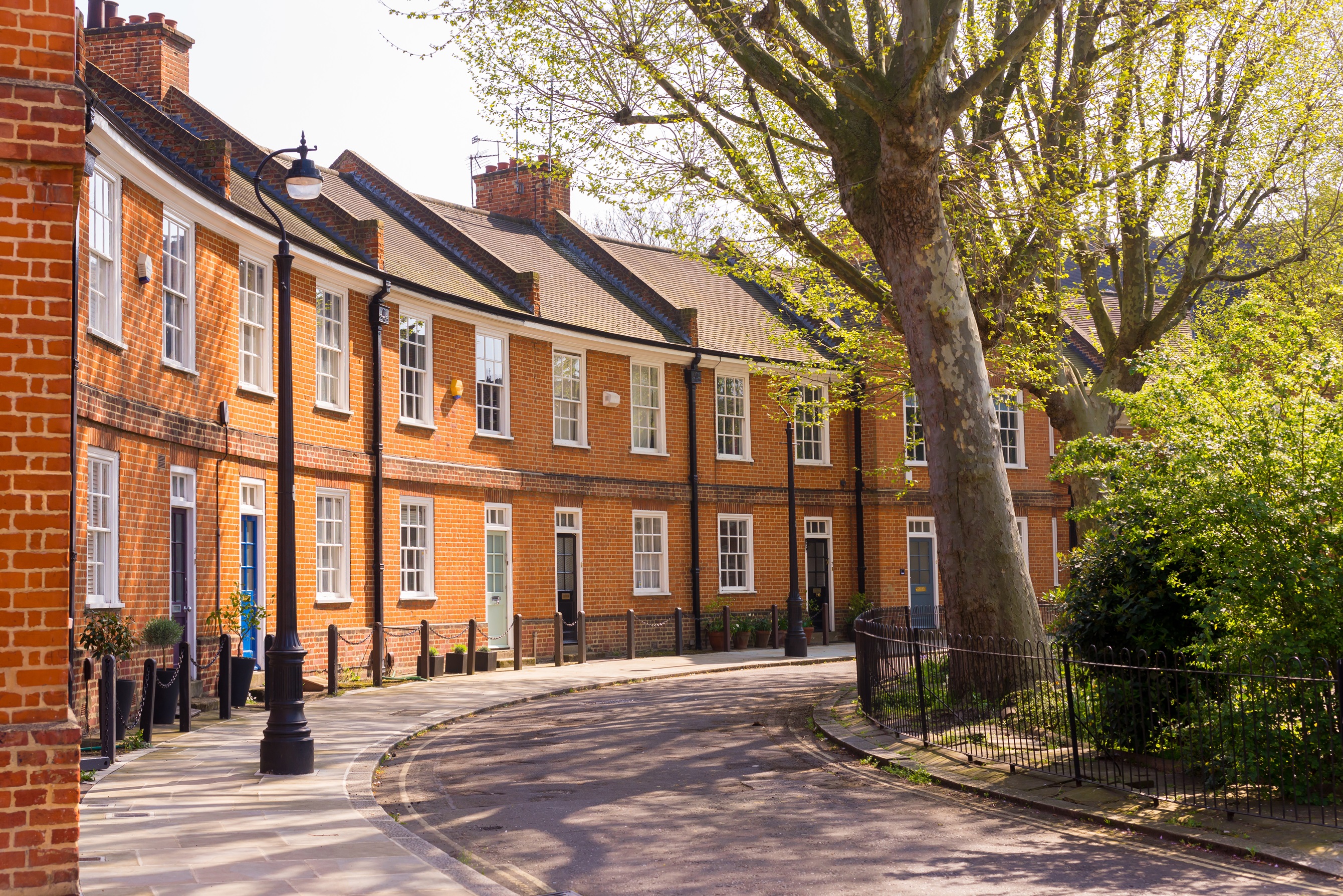How do interest rates affect the property market?
Why is the interest rate so important for the property market and homeowners? The fact is that there are only a handful of people who can purchase a property with cash. Most homeowners and potential buyers will be mortgage-dependent and therefore will require financial assistance from a lending institution to buy a home. As a result, the interest rate will affect most homeowners at some stage of their lives in some way.
The Bank Rate, which is determined by the Monetary Policy Committee, is the most important interest rate in the UK. It determines the interest rate the Bank of England will pay to commercial banks to hold money. It influences the rates those banks charge people to borrow money.
As the majority of the population is mortgage-dependant, fluctuations in the interest rate can have a substantial effect on potential buyers who are entering the property market and more particularly those who already own a home. To a large degree, homeowners who have chosen to fix their interest rate will be less affected by any changes; however, it is important to remember that they cannot fix the interest rate for the full term of their mortgage. They will therefore inevitably be impacted by interest rate increases at some stage. Homeowners who have kept their mortgage linked to the interest rate will have a reduced monthly repayment the lower the interest rate or an increased monthly repayment if it goes up.
An advantage of a low-interest rate is that it provides homeowners with the opportunity to pay additional money into their mortgage to reduce the term of the loan, without it having a severe impact on their monthly budget. The lower the rate, the easier it will be for homeowners to pay the required monthly repayment and add in a little bit extra.
From December 2021 to August 2023 the bank rate was in a hiking cycle to combat rising inflation, with the rate increasing from 0.1% to 5.25%. Since August 2023, the rate has been held at 5.25%, with the stability providing the market with time to adjust. With inflationary pressure easing, it is expected that the Bank of England will cut the rate in the next few months.
Aside from the possible fluctuations in the monthly repayments for homeowners, the interest rate directly affects buyers wanting to purchase property and how much they can afford. The interest rate directly affects the size of the mortgage that a potential buyer can get. Lower rates mean that the buyer will be able to afford a larger mortgage, provided that all other qualifying criteria are in place. It is important for a buyer to consider whether they still be able to afford the mortgage if the interest increases by between 1% and 2% just to play it safe.
Lower interest rates will also indirectly impact the amount of disposable income which is available within a household. Considering that disposable income weighs heavily in a consumer’s favour when applying for a mortgage, as more buyers show affordability, demand in the property market increases. The increased demand pushes property prices up and will contribute to an increase in a home’s value over time.
From an investment perspective, the increased demand for property as well as the reduced monthly repayments on mortgages will result in investors gaining more from their property portfolios. For example, investors who have a rental portfolio will be able to charge the same rental for their units, while paying reduced mortgage repayments resulting in greater profit. The less interest that is paid on an investment property annually means a lesser net return will be needed for the owner to see a profit on their initial investment.
Homeowners and potential buyers who wish to reduce the impact of an interest rate hike would need to reduce their debt levels as much as possible and keep them to a minimum. Reducing debt and increasing savings will ensure that homeowners are in a better position and have some financial leeway when interest rate hikes happen. It will also increase potential buyer’s chances of getting mortgage approval.
Speak to your local Guild Member for support in buying or selling your home.





